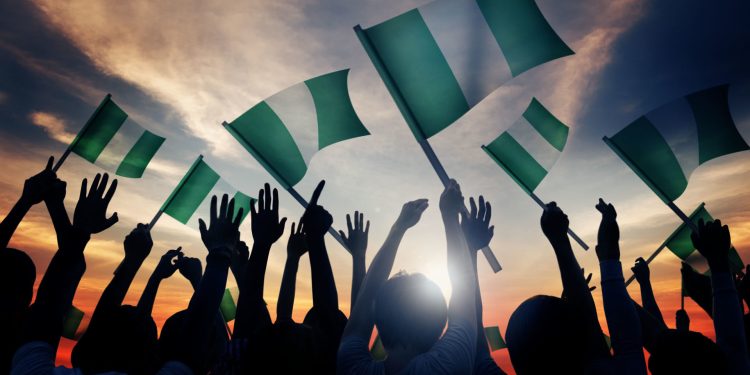Ever stopped to wonder why certain days are marked off as public holidays? You know, when offices shut down, schools close, and life takes a breather? From religious rituals to revolutionary milestones, Nigeria’s public holidays are more than just days off; they tell the story of who we are, what we value, and where we’ve come from.
Here’s a short timeline of how we got where we are with the public holidays celebrated in the country.
A Legacy of Many Histories
Public holidays in Nigeria have their roots in a mix of religion, colonial influence, cultural traditions, and political milestones. Long before colonization, different ethnic groups had communal days for festivals and spiritual observances, like the New Yam Festival in the East or Durbar in the North. These weren’t “public holidays” in the modern sense, but they were significant enough to bring whole communities together in rest and celebration.
Religion and the Birth of Official Holidays
When colonial rule took hold, the British introduced Christian holidays such as Christmas, Good Friday, and Easter Monday as official days off. These holidays became embedded in national life.
After independence in 1960, Nigeria’s Muslim population also saw their major festivals: Eid al-Fitr (end of Ramadan) and Eid al-Adha (Festival of Sacrifice) were formally recognised as public holidays. Maulud Nabiyy, the Prophet Muhammad’s (SAW) birthday, later joined the list. These additions reflected the country’s commitment to religious inclusivity.
Independence and Identity
The post-independence era saw the birth of more nationalistic holidays. October 1st, Nigeria’s Independence Day, was established to mark the country’s freedom from British rule in 1960. It’s a day of parades, presidential addresses, and reflections on national progress (or lack thereof).
By the late 1970s, Nigeria also adopted May 1st as Workers’ Day, aligning with international labour movements that celebrated the role of workers in building nations.
The Democracy Shift
In 1999, as Nigeria returned to civilian rule after years of military dictatorship, May 29 was declared Democracy Day. But in a major symbolic move in 2018, the Buhari administration shifted Democracy Day to June 12, a nod to the 1993 presidential election, widely considered the freest and fairest in Nigerian history, and to honour MKO Abiola, the presumed winner whose victory was annulled.
This change wasn’t just about dates. It was about national memory, acknowledging past injustices and honouring the resilience of democracy.
Evolving Holidays, Evolving Nation
Today, Nigeria’s official public holidays are a mix of religious, nationalist, and social observances:
- Christian holidays: Christmas, Boxing Day, Good Friday, Easter Monday
- Muslim holidays: Eid al-Fitr, Eid al-Adha, Maulud Nabiyy
- National holidays: Independence Day (Oct 1), Workers’ Day (May 1), Democracy Day (June 12)
Some regional governments also recognize traditional or local events, though they may not be nationwide holidays.
They Are More Than Just a Day Off
Public holidays are often taken for granted, but they’re reflections of power, progress, and people. They mark what a nation chooses to remember and sometimes, what it chooses to forget. In Nigeria’s case, each holiday tells a piece of the larger story: a tapestry woven from faith, freedom, labour, and legacy.


